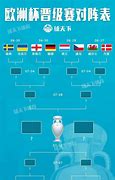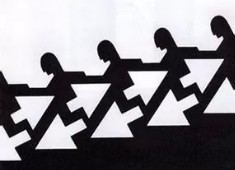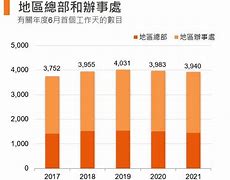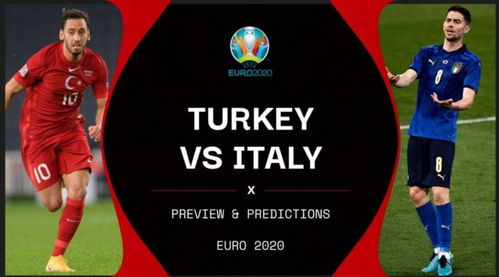Strengths:
- Popularity and Cultural Impact: The European Championship (Euro Cup) enjoys widespread popularity across Europe and globally, attracting millions of viewers.
- Historical Legacy: Established in 1960, Euro Cup has a rich history, making it one of the oldest and prestigious football tournaments.
- Commercial Success: Euro Cup generates substantial revenue through sponsorships, broadcasting rights, ticket sales, and merchandising.
- Quality of Football: It features top European national teams, showcasing highquality football talent and competitive matches.
- Fan Engagement: The tournament fosters strong fan engagement, creating a sense of unity and excitement among supporters.
Weaknesses:
- Scheduling Challenges: Euro Cup's quadrennial schedule may lead to viewer fatigue or conflict with other major sporting events.
- Dependency on Star Players: Injuries or absence of key players can impact the overall competitiveness and viewer interest.
- Security Concerns: Largescale events like Euro Cup are vulnerable to security threats, requiring robust safety measures.

- Environmental Impact: Travel and logistics associated with hosting the tournament can have environmental consequences.
- Controversies: Occasionally, controversies related to refereeing decisions, fan behavior, or political issues can tarnish the tournament's image.
Opportunities:
- Expansion of Audience: Leveraging digital platforms and emerging markets can expand Euro Cup's global audience base.
- Technological Innovations: Implementing VR/AR experiences, interactive content, and analyticsdriven insights can enhance viewer engagement.
- Commercial Partnerships: Forming strategic partnerships with global brands and local businesses can increase revenue streams.
- Community Engagement: Promoting grassroots football and social responsibility initiatives can strengthen Euro Cup's societal impact.
- Women's Euro Cup: Developing and promoting Women's Euro Cup to capitalize on the growing interest in women's football.
Threats:
- Competition from Other Sports: Euro Cup faces competition for viewership and sponsorship from other major sporting events like the FIFA World Cup, Olympics, etc.
- Economic Instability: Economic downturns or financial crises can affect sponsorship deals and consumer spending on sportsrelated activities.
- Health Crises: Global pandemics (e.g., COVID19) pose significant risks to hosting and participation, impacting schedules and revenues.
- Political Instability: Geopolitical tensions or diplomatic issues can disrupt the smooth organization of the tournament.
- Technological Challenges: Cybersecurity threats and digital piracy can undermine broadcasting rights and revenue generation.
SWOT analysis provides a comprehensive overview of the European Championship (Euro Cup), highlighting its strengths, weaknesses, opportunities, and threats. This analysis can guide strategic decisionmaking and planning to enhance the tournament's success and sustainability.





